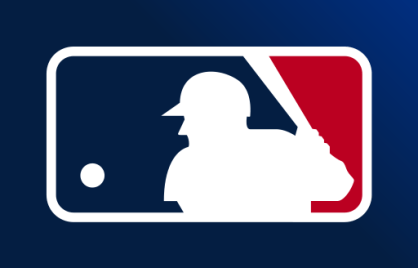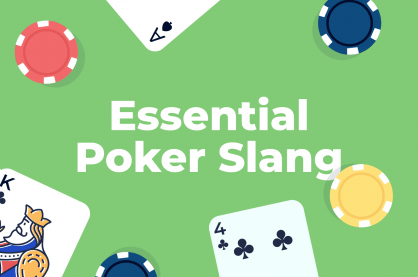The Future of Prop Betting on College Games
Prop Betting on College Games: What You Need to Know
- Potential for Fixed Games: Prop betting on college games can lead to attempts at manipulation or fixing games, since even a small event in the game can influence the outcome of a prop bet.
- Exploitation Concerns: Because many college athletes are not compensated, there’s a concern that they could be exploited or tempted to manipulate game outcomes in favor of bettors for financial gain.
- Increased Gambling Problems: The rise of prop betting could potentially lead to an increase in gambling addiction, particularly among college-aged individuals who are most likely to attend these games.
- Impact on Sportsmanship: Prop betting can potentially shift fans’ focus from the beauty and spirit of the sports competition to the financial aspects of betting, impacting the overall atmosphere of college games.
- Regulation Difficulties: Given the increased complexity and amount of prop bets, it might be harder for regulators to effectively monitor and control this form of betting, increasing the potential for nefarious activities.
College sports attract tons of betting action. According to the American Gaming Association, Americans wagered about $15.5 billion on the NCAA Division 1 men’s basketball tournament in 2023. To put that into perspective, the 2024 Super Bowl featuring the Kansas City Chiefs and the San Francisco 49ers produced about $16 billion in wagers.
While most of these March Madness and Super Bowl bets came in on primary betting markets like spreads and totals, many of them were prop bets.
While prop bets are super popular among the sports betting community, they have been a divisive hot-button issue over the past few years. In particular, NCAA president Charlie Baker is pushing hard to prohibit prop bets for all NCAA competitions.
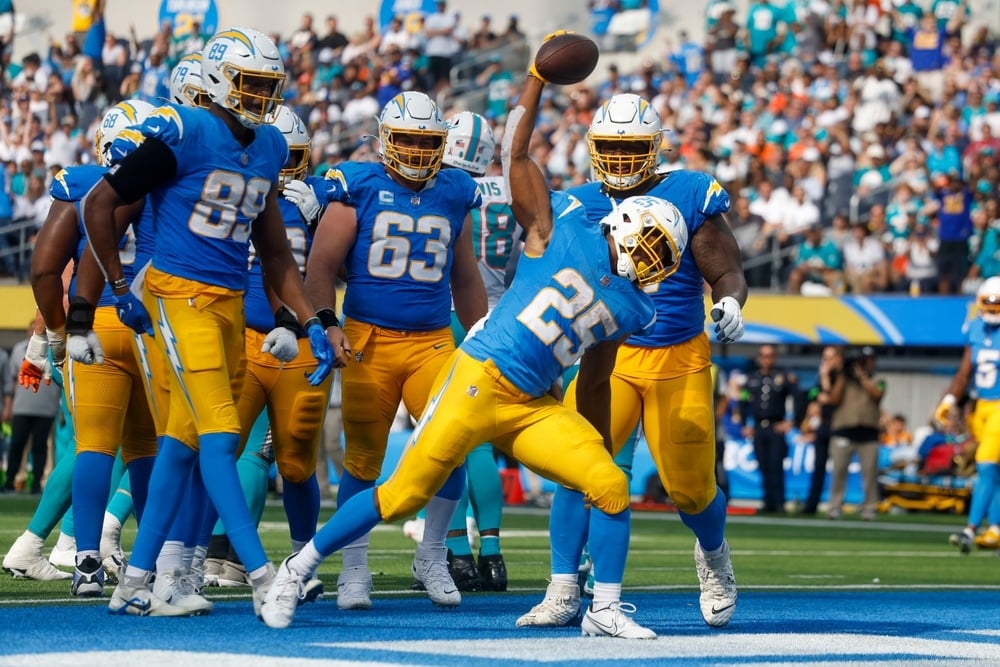
Image Credit: Ringo Chiu/Shutterstock
A few states have already given in, including Vermont, Maryland, Louisiana, and Ohio. Those states passed legislation banning bookmakers from offering props on NCAA games.
So, why is there such a strong push to prohibit NCAA prop bets? Baker’s stance is that prop betting threatens the integrity of NCAA sports. Furthermore, he claims that the rise of prop betting has led to NCAA student-athletes being harassed.
Baker estimates that one in three star athletes in the NCAA has been threatened or harassed due to not coming through for prop bettors. Armando Bacot, who plays for the NCAA’s North Carolina Tar Heels, reportedly received over 100 malicious DMs one night after he fell short of reaching his rebounding total. Then there was all of the vitriol spread on various social media platforms.
All of this begs one simple question: What is the future of prop betting on college games?
What Are Prop Bets?
Prop bets are sports wagers that have to do with events occurring within a game that aren’t directly tied to the end result. For example, you could bet on your favorite NCAA basketball player to score a certain number of points.
Another example would be wagering on an NCAA quarterback to pass for a certain number of yards. One popular prop bet that most top sportsbooks offer on the Super Bowl is the coin toss.
In terms of sports betting, there are three main types of prop bets. The first type of prop is a game prop, which involves wagers on the odds of events within the game, such as the total number of free throws, the number of fouls, or whether the game will go into overtime.
A team prop relates to team achievements. For example, basketball bettors can bet on things like first-quarter team totals, while hockey bettors can wager on the number of shots on goal.
Then we have player props. An example of a player prop would be betting on Lebron James to score more than 22.5 points or wagering on Patrick Mahomes to throw more than 2.5 touchdowns. If you are a hockey fan, then you could wager on something like Connor McDavid to record over 1.5 points.
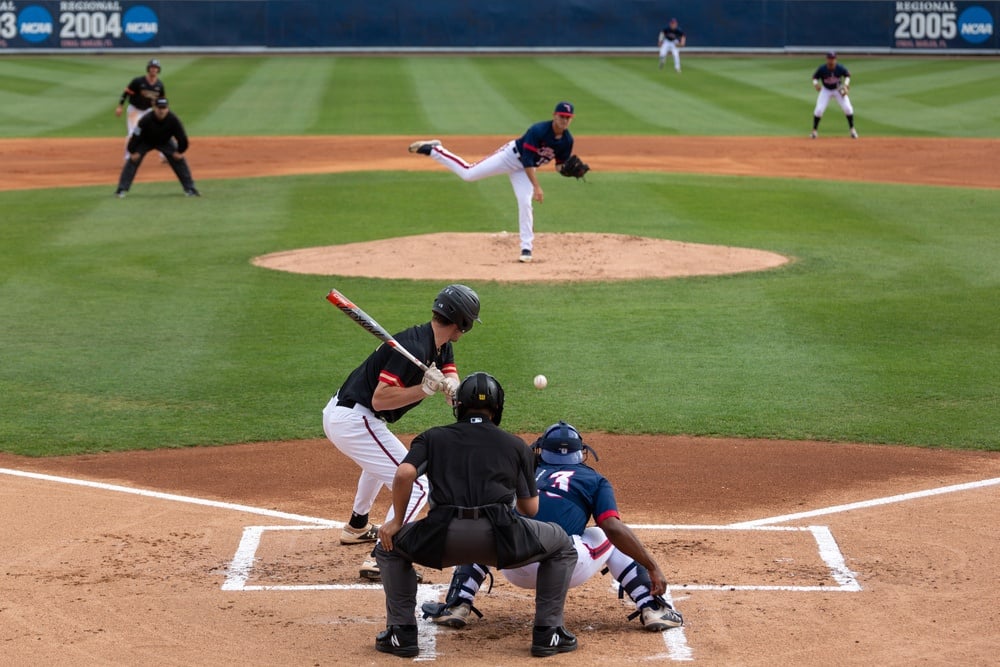
Image Credit: mTaira/Shutterstock
Does Prop Betting Really Threaten the Integrity of College Sports?
In July of 2024, a young NBA player named Jontay Porter pleaded guilty to criminal charges and was banned from the NBA for life. Why? Well, the NBA discovered that he had been betting on NBA games. Even worse? He had wagered on Jontay Porter prop bets at DraftKings.
But it doesn’t end there. Porter actually conspired with other bettors who, along with Jontay, would wager on the 24-year-old to fall short of his prop bet projections. In one game against the Los Angeles Clippers, his point total was set at 5.5, while his rebounding total was set at 4.5, and the number of Jontay Porter 3-pointers sat at 0.5.
Porter played just 4 minutes before suddenly removing himself from the game due to an alleged eye injury. He had recorded 3 rebounds, a single assist, and no treys. This is just one example of several similar incidents involving Jontay that took place between 2021 and 2023.
One Bad Apple
But what does one NBA player’s indiscretions have to do with the integrity of college sports? Well, if a professional basketball player who made over $2 million over his three-year career is vulnerable, just imagine how susceptible a college player who earns nothing would be.
It’s not like you have to dig deep to find examples of corruption within the NCAA. The Boston College point-shaving scandal and the CCNY point-shaving scandal are just two of the many black eyes the NCAA has received over the years.
And it isn’t just the players. Coaches and other officials have also been caught up in these scandals. Alabama’s baseball coach Brad Bohannon was unceremoniously canned when it was revealed that he had been giving crucial pitching information to a sports bettor. We could cite dozens of instances in which gambling and college sports have intersected in a negative way.
Let’s not kid ourselves. It has been proven time and time again that gambling, and prop bets in particular, are indeed a threat to the integrity of NCAA sports.
Remember that these college athletes don’t make a lot of money unless they are among the most elite performers like Arch Manning, Bronny James, or Caitlin Clark. For the average college athlete, the prospect of making a few thousand dollars to stink it up for a game or even just for a couple of plays is too tempting for some of them to pass up.
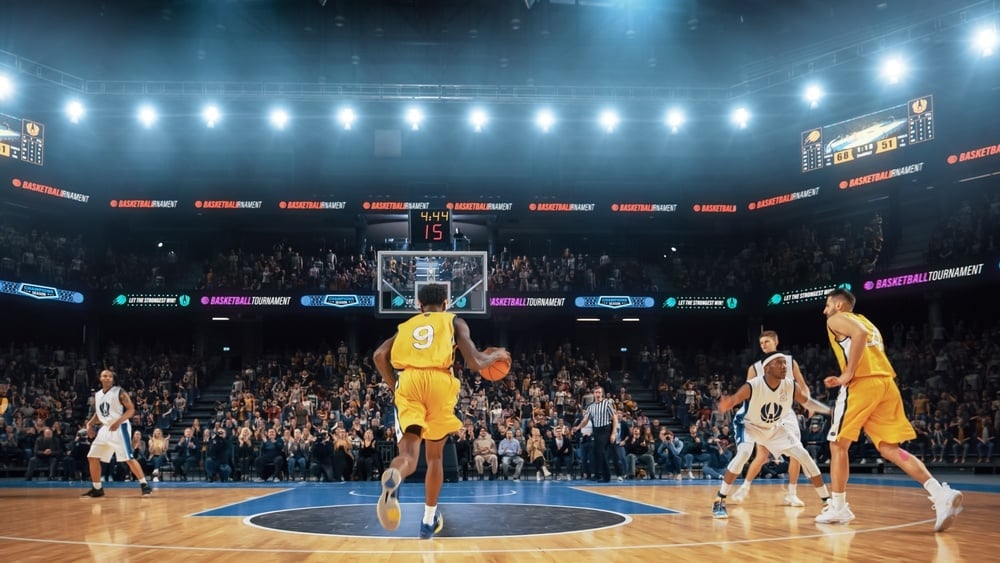
Image Credit: Gorodenkoff/Shutterstock
Where Do the Individual States Stand on NCAA Prop Betting?
As of late 2024, sports betting is legal in 38 American states. Only the following ten allow NCAA prop betting without any restrictions.
- Arkansas
- Kansas
- Kentucky
- Michigan
- Montana
- Nevada
- New Mexico
- North Dakota
- North Carolina
- Wyoming
In addition to those states, 12 states allow prop betting as long as they aren’t on college teams within the state. They are:
- Connecticut
- Delaware
- Florida
- Illinois
- Indiana
- Iowa
- Nebraska
- New Hampshire
- Rhode Island
- Washington
- Wisconsin
These next 16 states do not allow college player props at all.
- Arizona
- Colorado
- Louisiana
- Maine
- Maryland
- Massachusetts
- Mississippi
- New York
- Ohio
- Oregon
- Pennsylvania
- South Dakota
- Tennessee
- Vermont
- Virginia
- West Virginia
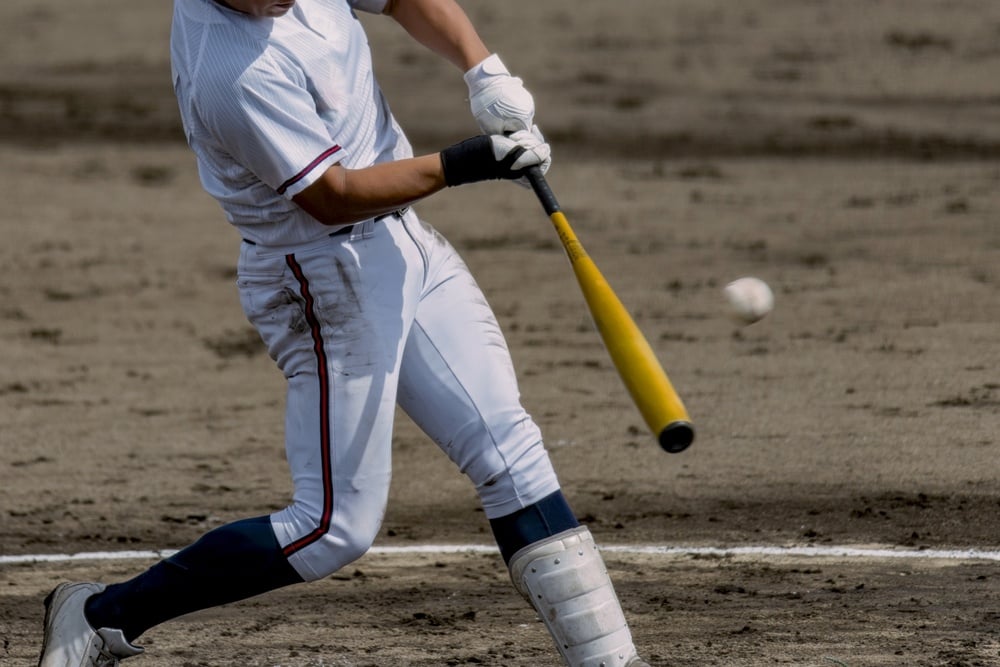
Image Credit: mTaira/Shutterstock
The Conundrum
Would a ban on NCAA prop betting in the United States change anything? Would it restore integrity and stop college athletes from becoming caught up in more betting scandals?
Probably not. After all, college and professional athletes were getting caught up in gambling-related scandals long before sports betting was legalized in the United States.
Even if a ban came into effect tomorrow, determined American prop bettors could simply get their action at the same places they got it before 2018. Offshore. This is something that stakeholders and the US government don’t want.
After all, keeping gambling profits from leaving the country was and still is one of the key motivations behind the whole legalization drive.
Of course, licensed operators don’t want an NCAA prop bet ban. According to California-based JMP Securities, such a prohibition would result in a $200 million annual loss for the sports betting industry. Seeing how the American online gambling industry pulled in somewhere around $11.7 billion in 2023, such a loss would be huge.
The Counter-Argument
Those who support the elimination of player prop bets also present convincing arguments. It’s just a cold, hard fact that college athletes have manipulated the outcomes of games for gambling purposes. Heck, even referees have even been caught.
Some of these hustlers make Pete Rose look like a choir boy. Part of their point is that the integrity of NCAA sports has already been tarnished many times because of prop betting and sports gambling in general.
Opponents of player props also have a strong case in terms of the harassment angle. A lot of people don’t think about this, but imagine having your text messages and social media pages blow up with hate and threats simply because you scored 20 points instead of 22.
Remember, these players are kids and young adults. Going through such an ordeal has to be traumatic for a young person, especially for those who aren’t involved in any wrongdoing.
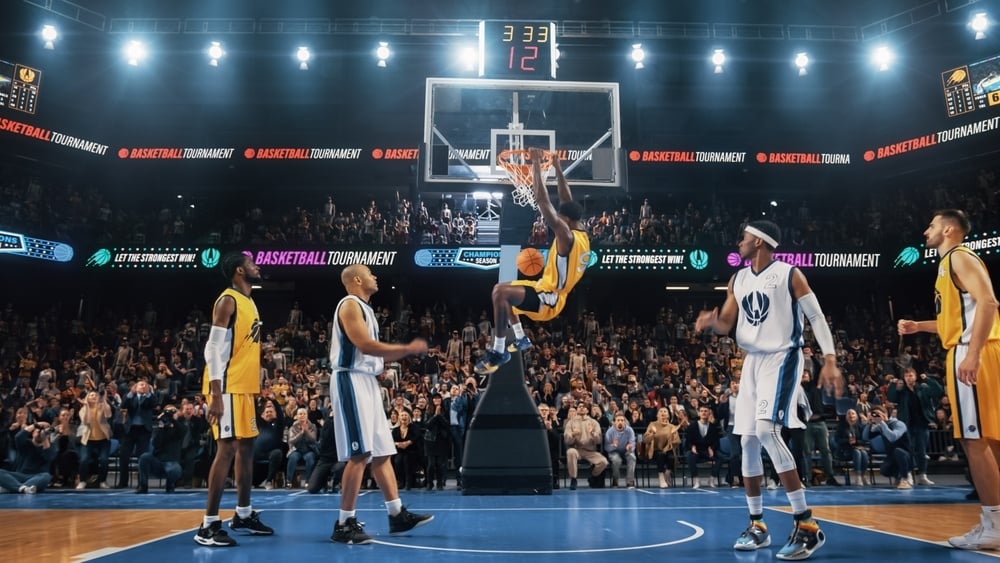
Image Credit: Gorodenkoff/Shutterstock
What Does the Future Hold for NCAA Prop Betting?
NCAA president Charlie Baker first called for an end to NCAA prop betting in early 2024. Since then, four states have prohibited them, bringing the total number of prop-prohibited states to 16.
Of the remaining 22 states, 12 of them allow prop betting on college teams except for teams within that state. The other ten allow unrestricted prop betting.
American-based sportsbooks aren’t going to go out of business if they can no longer offer NCAA prop bets. You just have to look at the bottom lines of sports betting operators in states that don’t currently allow prop bets. It would affect their bottom lines, but the American online betting industry would continue to be strong.
Oh yeah, we would also continue to hear about college sports betting scandals. As long as sports and gambling are intertwined, the issue of integrity in sports will always loom large.
Image Credit: Ringo Chiu/Shutterstock

